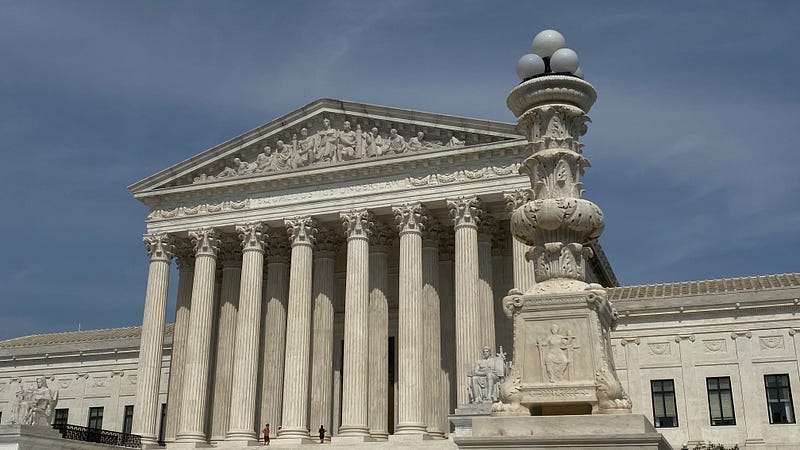A Discussion of Oliver DeMille’s 1913 Chapter 9 “Solution #2: Voracious Readers and Independent Thinkers”
DeMille called for “a small but committed few” to adopt his solutions to undo the damage to freedom by the 1913 turning points. (p. 89)
While he called for an increase in entrepreneurship in the previous chapter, here he is calling on the future leaders of the new turning point toward freedom to be voracious readers and independent thinkers. (p. 111)
He retells a story of struggles he faced teaching the Federalist Papers to a graduate class. (p. 114) The students were uninspired and less than willing to complete the challenging reading.
He has previously discussed that while it is a challenge for most of us to read it today, it was considered at the common man’s level when it was written.
With his class he realized the problem went farther than being a difficult read; it was more that essays about freedom and tyranny did not resonate. They were so used to the idea of freedom they could not grasp its importance.
He adjusted their expectations by assigning readings from The Gulag Archipelago by Aleksandr Solzhenitsyn, which details his horrific experiences with the Soviet prison camps.
After that, they read the Federalist Papers closely and on time and came to class excited to discuss freedom. The principles of freedom aren’t particularly exciting to many people, but when they experience the loss of freedom (personally or by proxy), this quickly changes. Freedom is a primary good. We all want it, and in fact, we all need it. (p. 114)
Stirring up a love for freedom in all of us would likely lead to an improvement in our civil discourse because maybe then we could have one thing we agree on regardless of which tribe or faction or ideology you subscribe to. And freedom is at the heart of America’s creation.
Calvin Coolidge
DeMille next turns to Calvin Coolidge. He was William G. Harding’s vice president in 1920 who died in office in 1923 thus thrusting Coolidge into the presidency. He ran for election in 1924 but decided not to run for reelection in 1928.
If you know anything about him, it is likely the nickname, “Silent Cal Coolidge.” DeMille says that nickname came from his opponents, causing his reputation to be a president who said and did little to those of us down the line in history. It is a case where a narrative solidified to distort the truth. (p. 116)
In fact, Harding and Coolidge were a reaction to the extremely progressive Woodrow Wilson presidency that had presided over these 1913 turning points from freedom. (p. 116)
DeMille includes numerous quotes from Coolidge to illustrate his understanding of the damage done to freedom, and perhaps to show how non-silent he was.
In one quote regarding the seventeenth amendment, Coolidge noted that that change meant we no long had the government of Washington, Hamilton, and Jefferson. (p. 117)
DeMille also included this Coolidge quote.
A sound and wise statesmanship which recognizes and attempts to abide by [the Constitution’s] limitations will undoubtedly find itself displaced by that type of public official who promises much, talks much, legislates much, expends much, but accomplishes little. (p. 119)
He sure got that right!
And here is another one that shows a vision of America that we do not hear much today.
Realizing that it is the people who support the government and not the government which supports the people, there will be no resort to paternalism. Under such institutions there may appear to be a lack of machine-like-efficiency, but there will be no lack of character. Private initiative will be stimulated. Self-reliance and self-control will be increased…This is the ideal of America. (p. 119)
Given our education system in the country is a government system, I can see why we are not taught these insights from President Coolidge but are instead told he said and did little.
A Call for Better Citizens
DeMille observes that for at least 3 generations, we have subscribed to the idea that government is best done by the experts as opposed to the design which makes all of us responsible for it.
One of the Coolidge quotes captures this idea.
One of the chief errors or our present day is that of relying too much on government and too little on our own efforts and on the people themselves. This comes to pass by supposing that, when there is something which ought to be done, we can avoid all personal responsibility by a simple ordinance requiring that hereafter it shall be done by government. (p. 119)
If we were on that road back in his day, we have only accelerated down it in the generations to come.
Regaining our role as the overseer of government requires accepting the responsibilities of being educated about how the government functions, what areas it should and should not be involved in, and who the people are that are running it.
However, surveys show how little knowledge we have about our government. DeMille cites a 2010 survey where 2/3 of Americans could not name a single Supreme Court Justice. (p. 122)
Nor is this just in the US but a trend in other nations like Canada where 80% of those aged 18–24 failed a set of Canadian history questions. (p. 123) And DeMille notes there are similar findings in Western Europe, Japan and other participatory democracies. (p. 124)
These trends in the free nations of the world are why they may not remain free nations in the long run, too ignorant to know what it is they are losing. I don’t want Idiocracy to prove prophetic.
Today we desperately need a generation of citizens and voters who realize what is happening, understand just how rare and precious freedom is, and take action to restore our freedoms. To become such people, we need to read and think in the tradition of the American founding generations. We need to become nations of citizens who learn to read, analyze, innovate, and get effectively involved in leading society. (p. 125)
I think I may start by listening to Calvin Coolidge’s autobiography.
Reference: DeMille, Oliver, 2012. “Solution #2: Voracious Readers and Independent Thinkers” Chapter 9 of 1913, Obstacles Press, Inc., Flint, Michigan.




